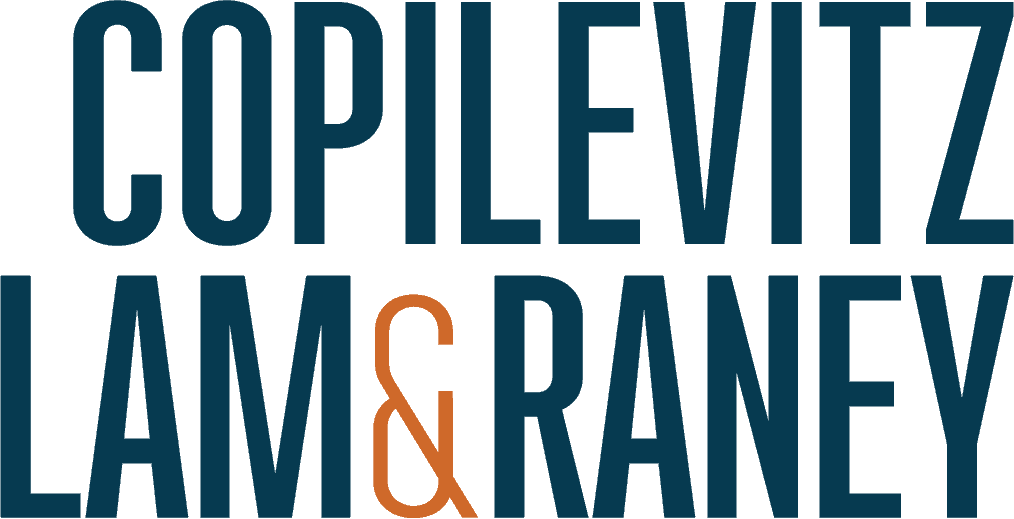Anytime you call a business, you will hear something like “this call can be monitored for quality control purposes” prior to speaking to a live representative, or even interacting with an automated attendant.
The legal reason for this disclosure is that some states require that all parties consent to recording a conversation based on privacy concerns. Federal law, as well as some states, require that only one party consent to a conversation being recorded or monitored.
Those “one party” consent states, however, aren’t that important because someone with a cell phone can be anywhere, and a business needs to assume that person is in (or calling from) a “two party” consent state.
Courts have ruled that if a person proceeds with a conversation with knowledge that the other party is recording, consent is implied. This knowledge can, for example, be imputed through the beeping noise played during some conversations—a good warning that the call is being recorded or monitored.
These restrictions arise from federal and state wiretapping law, and both federal and state law have exemptions for law enforcement (with a warrant), service monitoring by a telecommunications provider, etc.
One state requiring that all parties consent is California, which also happens to also allow private parties to sue for $5,000 per violation. This law has also been used by class action attorneys to sue and at $5,000 per violation. Any telephone campaign of any size would subject the caller to massive damages if the caller did not comply with this notice requirement.
So the question arises whether this consent requirement applies to text chat, email, or other forms of communication. The answer is yes, it clearly does. Text chat is a “communication” just like a phone call for purposes of this law.
You should review your text chat and other means of communication with consumers, oral and otherwise, to ensure that you disclose that the communication can be monitored (by supervisors, for security purposes, etc.)
The laws only apply to “confidential” communications, so if you’re facing a lawsuit, there is a strong argument that a text chat is not “confidential”, i.e. the consumer does not intend the contents of that chat to be confidential from the company, supervisors, etc., or used for security purposes, or other legitimate reasons related to the chat.
Plaintiffs, however, will often argue otherwise, especially if the contents of the chat are financial or otherwise sensitive.
For this reason, the conservative advice is to incorporate a disclosure at the beginning of the text chat in some form that it can be monitored or recorded for quality control purposes.
Please do not hesitate to contact me if you have questions regarding compliance with this issue.
